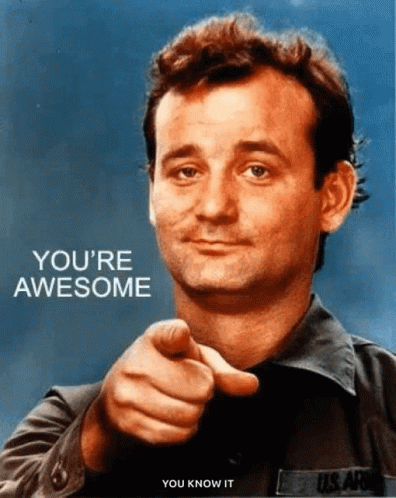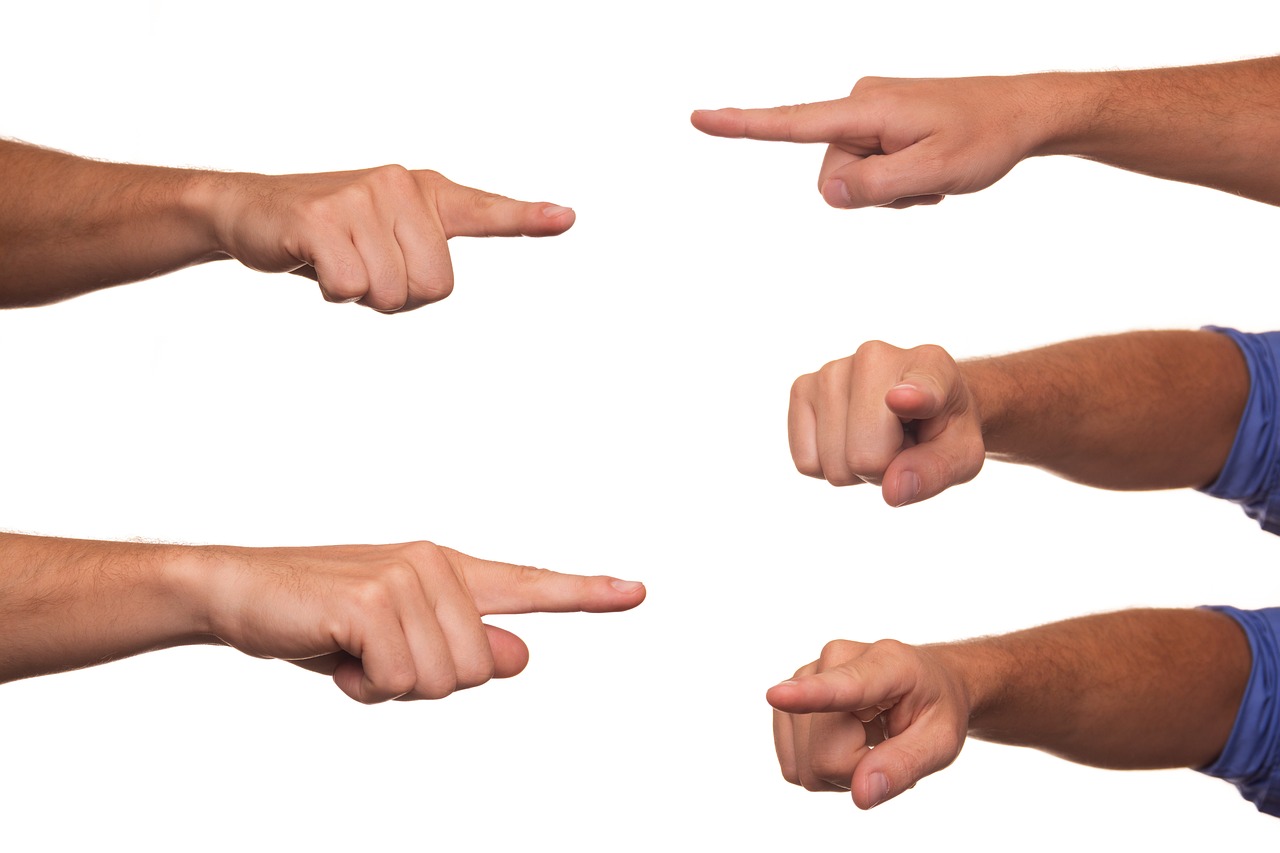So, someone called you awesome, huh? It feels great, right? But if you’re anything like me, you might find yourself fumbling for the right words to respond. You want to show appreciation without coming across as arrogant or dismissive.
I’ve been there, trust me. That’s why I’ve compiled 25 humble responses to “You’re awesome.” These aren’t just empty phrases – I’ve used many of these myself, and they’ve helped me navigate tricky social situations without letting the compliment go to my head.
Whether you’re in a professional setting, chatting with friends, or talking to a stranger who just witnessed you do something cool, these responses will have you covered. They’re designed to show gratitude, share credit where it’s due, and keep you grounded.

List of sincere and humble responses to “You’re awesome”
1. “Thanks, I’m just doing my best.”
Explanation: Acknowledges the compliment while emphasizing effort over innate ability.
Scenario: After successfully completing a challenging project at work.
2. “That’s kind of you to say. I appreciate it.”
Explanation: Shows gratitude without self-aggrandizement.
Scenario: Receiving praise from a mentor or superior.
3. “I couldn’t have done it without my team.”
Explanation: Shares credit with others, demonstrating humility and teamwork.
Scenario: After leading a successful group presentation.
4. “I’m glad you think so. I still have a lot to learn.”
Explanation: Expresses appreciation while acknowledging room for growth.
Scenario: Receiving a compliment on a new skill you’re developing.
5. “Thank you. I’m just trying to make a positive difference.”
Explanation: Shifts focus to the intention behind actions rather than personal qualities.
Scenario: After volunteering for a community service project.
6. “That means a lot coming from you.”
Explanation: Reflects the compliment back to the giver, acknowledging their opinion’s value.
Scenario: Receiving praise from someone you admire.
7. “I’m just happy I could help.”
Explanation: Emphasizes the satisfaction of being useful rather than personal greatness.
Scenario: After assisting a colleague with a difficult task.
8. “Thanks, I had a lot of support along the way.”
Explanation: Acknowledges the role of others in personal success.
Scenario: After receiving an award or recognition.
9. “I’m glad it worked out well.”
Explanation: Focuses on the positive outcome rather than personal contribution.
Scenario: After successfully resolving a complex problem.
10. “Thank you. I’m always trying to improve.”
Explanation: Shows appreciation while emphasizing ongoing personal development.
Scenario: After receiving positive feedback on a performance review.
11. “That’s very kind. I was just in the right place at the right time.”
Explanation: Attributes success partly to circumstance, demonstrating humility.
Scenario: After being praised for quick thinking in an emergency situation.
12. “I appreciate that. It was a team effort though.”
Explanation: Acknowledges the compliment while sharing credit with others.
Scenario: After a successful product launch.
13. “Thanks, but I’m sure you would have done the same.”
Explanation: Suggests that the praiseworthy action is a common decent behavior.
Scenario: After helping someone in need.
14. “I’m glad you found it helpful.”
Explanation: Shifts focus to the impact of the action rather than personal qualities.
Scenario: After providing advice or assistance to someone.
15. “Thank you. I’m just trying to do my part.”
Explanation: Frames actions as fulfilling a responsibility rather than going above and beyond.
Scenario: After participating in a community clean-up event.
16. “I appreciate the kind words. It was a challenging but rewarding experience.”
Explanation: Acknowledges both the difficulty and the positive aspects of the accomplishment.
Scenario: After completing a demanding long-term project.
17. “Thanks, I had some great teachers along the way.”
Explanation: Credits others for personal development and success.
Scenario: After demonstrating expertise in a particular field.
18. “I’m just glad I could meet expectations.”
Explanation: Frames success as meeting a standard rather than exceeding it.
Scenario: After completing a task assigned by a supervisor.
19. “Thank you. I’m fortunate to have had the opportunity.”
Explanation: Expresses gratitude for the chance to do well, rather than personal greatness.
Scenario: After successfully taking on a new responsibility at work.
20. “I appreciate that. I’m always striving to do better.”
Explanation: Shows gratitude while emphasizing continuous self-improvement.
Scenario: After receiving praise for consistent good performance.
21. “Thanks, but I’m sure there’s room for improvement.”
Explanation: Acknowledges the compliment while maintaining a growth mindset.
Scenario: After presenting a new idea or proposal.
22. “That’s very kind of you to say. I enjoy what I do.”
Explanation: Expresses appreciation while attributing success to passion for the work.
Scenario: After receiving praise for dedication to a project or cause.
23. “Thank you. I’m grateful for the support I’ve received.”
Explanation: Shows appreciation while acknowledging the role of others’ support.
Scenario: After achieving a personal or professional milestone.
24. “I’m glad it came across that way. I was pretty nervous!”
Explanation: Shares a moment of vulnerability, making the success more relatable.
Scenario: After giving a well-received public speech or presentation.
25. “Thanks, I’m just trying to pay it forward.”
Explanation: Frames actions as part of a cycle of generosity rather than personal merit.
Scenario: After helping a newcomer in your field or community.



